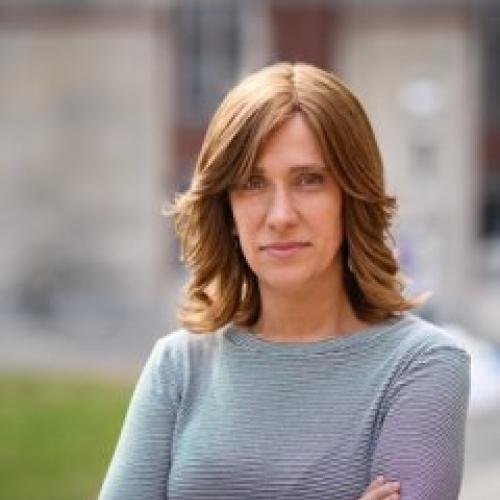The Revolutionary Conservatism of the Mishneh Torah
Online
Zoom Link to be provided
Password required
The Mishneh Torah is a deceptively simple text. It offers a clear, easy to read, and streamlined synthesis of Jewish law. Maimonides cited almost none of his sources; instead, he packaged the work as a stand-in for the entire sprawling and unwieldy body of rabbinic literature that had preceded it, and that his readers could now safely ignore.
But in practice, the Mishneh Torah has so rarely been read this way that Maimonides’ aims in writing it can be hard to recover. Who was supposed to read this book, and what were they supposed to do with it? Why did Maimonides want to replace the Mishnah and the Talmud?
This talk will consider Maimonides’ Mishneh Torah in light of his own career as a leader in twelfth-century Egypt. Viewed in this context, the Mishneh Torah can be understood as an act of revolutionary conservatism—an attempt to preserve and enforce rabbinic law by entirely transforming its textual culture.
About the “Canon in Context” Series
Stepping back and squinting at the major works of the Jewish legal canon dotted across history, many of them appear…puzzling. Centuries of tradition treat the Mishnah, Talmud, and other texts as settled law and as contributions to rabbinic thought. But in their own times, they were outliers. Each one diverged remarkably in form and content from the Jewish writings of their time and place. So how did they get that way, and how did they become canon?
This series explores the historical context of halakhic compilations and codes: who composed them, what were they trying to achieve, and why did they choose the format and the topics they chose? Set aside what you think you know, and encounter these texts in the worlds of their creation.
About the image above: "The Book of Ruth and the Book of Ecclesiastes with Joseph Kara's commentary," ca. 1322, held in the British Library.
Featuring

Eve Krakowski
Princeton University
Eve Krakowski is an assistant professor of Near Eastern Studies and Judaic Studies at Princeton University.
Click for more.
Cosponsors
We gratefully acknowledge the support of the Klatt Family and the Harry Stern Family Foundation.